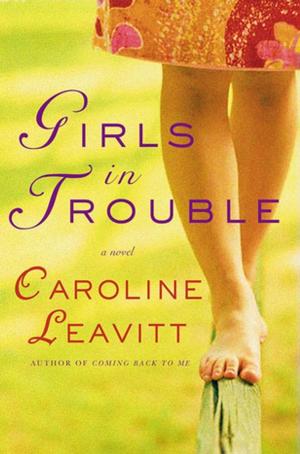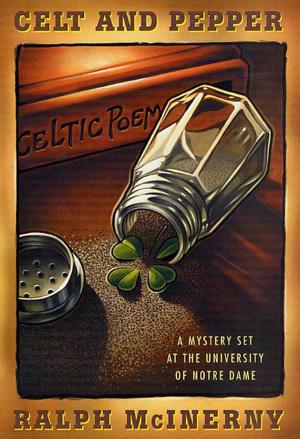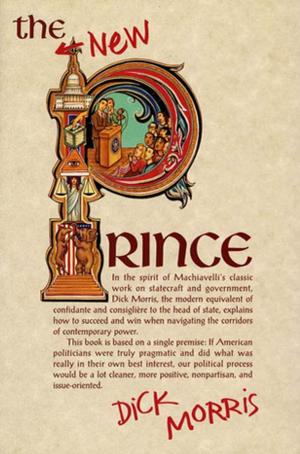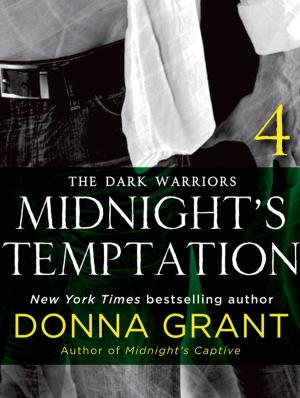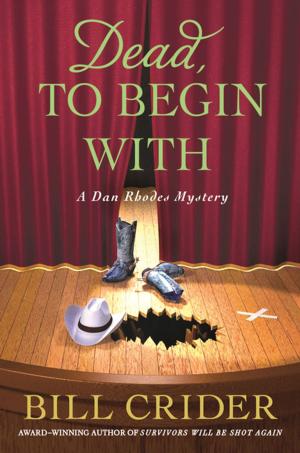| Author: | Hugh Merrill | ISBN: | 9780312273736 |
| Publisher: | St. Martin's Press | Publication: | August 12, 2000 |
| Imprint: | Minotaur Books | Language: | English |
| Author: | Hugh Merrill |
| ISBN: | 9780312273736 |
| Publisher: | St. Martin's Press |
| Publication: | August 12, 2000 |
| Imprint: | Minotaur Books |
| Language: | English |
Although John D. MacDonald published seventy novels and more than five hundred short stories in his lifetime, he is remembered best for his Travis McGee series. He introduced McGee in 1964 with The Deep Blue Goodbye. With Travis McGee, MacDonald changed the pattern of the hardboiled private detectives who preceeded him. McGee has a social conscience, holds thoughtful conversations with his retired economist buddy Meyer, and worries about corporate greed, racism and the Florida ecolgoy in a long series whose brand recognition for the series the author cleverly advanced by inserting a color in every title. Merrill carefully builds a picture of a man who in unexpected ways epitomized the Horatio Alger sagas that comprised his strict father's secular bible. From a financially struggling childhood and a succession of drab nine-to-five occupations, MacDonald settled down to writing for a living (a lifestyle that would have horrified his father). He worked very hard and was rewarded with a more than decent livelihood. But unlike Alger's heroes, MacDonald had a lot of fun doing it.
Although John D. MacDonald published seventy novels and more than five hundred short stories in his lifetime, he is remembered best for his Travis McGee series. He introduced McGee in 1964 with The Deep Blue Goodbye. With Travis McGee, MacDonald changed the pattern of the hardboiled private detectives who preceeded him. McGee has a social conscience, holds thoughtful conversations with his retired economist buddy Meyer, and worries about corporate greed, racism and the Florida ecolgoy in a long series whose brand recognition for the series the author cleverly advanced by inserting a color in every title. Merrill carefully builds a picture of a man who in unexpected ways epitomized the Horatio Alger sagas that comprised his strict father's secular bible. From a financially struggling childhood and a succession of drab nine-to-five occupations, MacDonald settled down to writing for a living (a lifestyle that would have horrified his father). He worked very hard and was rewarded with a more than decent livelihood. But unlike Alger's heroes, MacDonald had a lot of fun doing it.

